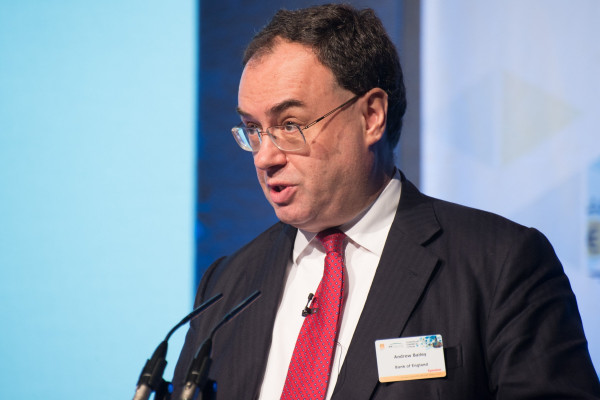
Bank of England made an "error" with interest rate communication

The way senior Bank of England officials described the monetary policy environment in the run up to the recent interest rate decision was a definite “policy mistake”, according to George Lagarais, chief economist at Mazars.
On November 4, the nine members of the central bank’s Monetary Policy Committee (MPC) voted by a majority of 7-2, to keep the UK base rate unchanged at 0.1 per cent.
In the weeks leading up to the vote, several members of the committee, including the bank’s governor and chief economist, indicated that an interest rate rise was imminent.
This was then priced into the value of some assets, with sterling rising sharply.
Lagarais says the communication prior to the meeting turned “the debatable policy mistake, prematurely hiking rates, [into a] certain one, disappointing markets.”
Lagarais says: “To be clear, the policy mistake lies not in raising interest rates to 0.25 per cent or not. It lies in the failure to accurately and timely communicate the bank's intentions to markets and investors, especially when the whole of the post-Brexit UK is viewed as an economy in flux.
"Are there repercussions? Institutional investors could become more apprehensive and choose other markets where rates are more predictable. This could impact support in sterling assets, stocks, bonds and cash holdings. In the worst case, protracted inability or unwillingness to communicate clearly, could significantly damage the bank’s credibility and thus its ability to effectively support the British economy.”
He adds: “We don’t believe international investors will give up on the UK after this. The country’s track record and G7 economy status will probably redeem decision-makers in Threadneedle St. But, after blindsiding markets like that, the bank can ill-afford any other surprises in the near future.
"Meanwhile, UK stocks remain undervalued versus their international peers by most measures. Global investors, including ourselves, have become more favourable towards them on the grounds of valuation.
"While our conviction remains, primarily due to sound fundamentals in the FTSE 100, last week’s decision could deter some foreign investors and extend the timeline before the valuation gap between UK large caps and the rest of the world closes.”
david.thorpe@ft.com





